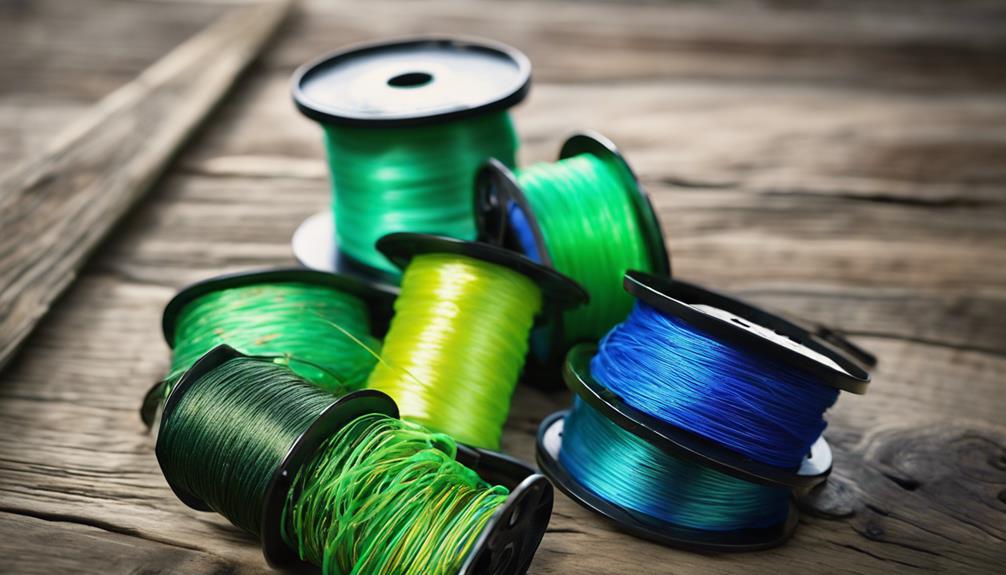Fishing is not only a beloved pastime but also a way to connect with nature. However, before casting your line, it’s essential to understand the regulations that govern this activity, including how much a fishing license costs. In this blog post, we will explore the various aspects of fishing licenses, including their costs, factors influencing the price, and tips for obtaining one.
Understanding the Basics of Fishing Licenses
A fishing license is a legal requirement that allows an individual to fish in specific waterways. Each state in the U.S. has its own regulations regarding fishing licenses, which can vary significantly in terms of cost, duration, and the types of fishing allowed. Generally, fishing licenses are required for freshwater and saltwater fishing, and they help manage fish populations and preserve aquatic ecosystems. Before you embark on your fishing adventure, it’s crucial to familiarize yourself with the local laws and regulations.
How Much Is a Fishing License? A Breakdown of Costs
The cost of a fishing license can vary widely based on several factors, including the state you are in, the type of fishing you plan to do, and whether you are a resident or a non-resident. On average, freshwater fishing licenses can range from $15 to $50 annually for residents, while non-residents may pay anywhere from $30 to over $100. Saltwater licenses typically fall within a similar price range. Additionally, many states offer discounted rates for seniors, veterans, and children.
Factors Influencing the Cost of Fishing Licenses
Several factors can influence how much a fishing license costs. One of the primary factors is residency status. Residents usually pay a lower fee than non-residents. Additionally, the type of fishing—whether you plan to fish in freshwater or saltwater—can also impact the cost. Some states offer special licenses for specific types of fish, such as trout or salmon, which may incur additional fees. Lastly, the duration of the license can affect the price; licenses can be issued for a day, a week, or a full year.
Special Fishing Licenses and Their Costs
In addition to regular fishing licenses, many states offer special licenses that cater to specific demographics or fishing activities. For instance, many states provide discounted licenses for seniors and disabled individuals. Moreover, youth licenses are often available at significantly lower prices or even free to encourage young anglers to engage with the sport. Some states also issue short-term licenses for visitors or tourists, which can be a cost-effective option for those who may not fish regularly.
Where to Purchase a Fishing License
Purchasing a fishing license is typically a straightforward process. Most states allow you to buy a license online through the state’s fish and wildlife department website. Alternatively, you can purchase a license at various retail locations, including sporting goods stores, bait shops, and outdoor recreation centers. Some states even offer licenses at public offices, such as county clerk’s offices. Always make sure to have your identification and any relevant information handy when purchasing a fishing license.
Renewing Your Fishing License: What You Need to Know
Fishing licenses are not permanent; they require renewal based on the duration you selected when purchasing. Most states offer annual licenses that need to be renewed every year, while others may provide multi-year options. It’s essential to keep track of your license’s expiration date to avoid fines or penalties for fishing without a valid license. Many states send reminders to license holders as their renewal date approaches, but it’s a good practice to set a personal reminder as well.
Consequences of Fishing Without a License
Fishing without a valid license can lead to significant consequences, including hefty fines, legal penalties, and confiscation of fishing equipment. In some states, repeat offenders may even face more severe penalties, such as a ban on future fishing activities. To avoid these issues, always ensure that you have an up-to-date fishing license whenever you head out to fish, and familiarize yourself with the local regulations.
Conclusion: The Importance of Having a Fishing License
In conclusion, understanding how much a fishing license costs and the factors that influence its price is vital for anyone looking to engage in fishing activities. A fishing license not only grants you the legal right to fish but also contributes to conservation efforts and the sustainability of aquatic ecosystems. Whether you’re a seasoned angler or a beginner, obtaining a fishing license should be your first step before heading out to enjoy this rewarding hobby. Remember to check your local regulations, explore the various licensing options available, and most importantly, have fun out on the water!
By following the information outlined in this guide, you will be equipped with all the knowledge necessary to confidently obtain a fishing license and enjoy the great outdoors responsibly.
